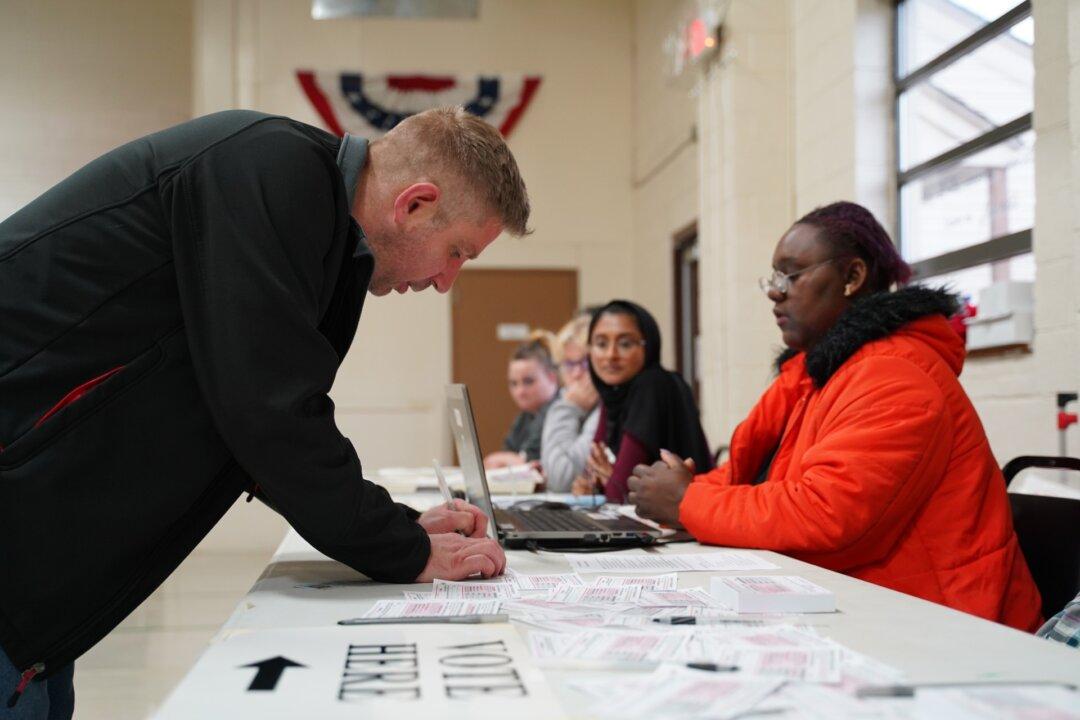WARREN, Mich.—Donald Smith voted for Joe Biden in the Michigan Democratic primary, even though his favored candidate for president is Donald Trump. “If it is Biden against Trump, I will probably vote for Trump,” said the retired auto worker from Warren, a suburb of Detroit.
“Bernie is a socialist. I can’t back a socialist,” Smith told The Epoch Times. Smith’s vote for Biden is more of a vote against Sanders, he said.





